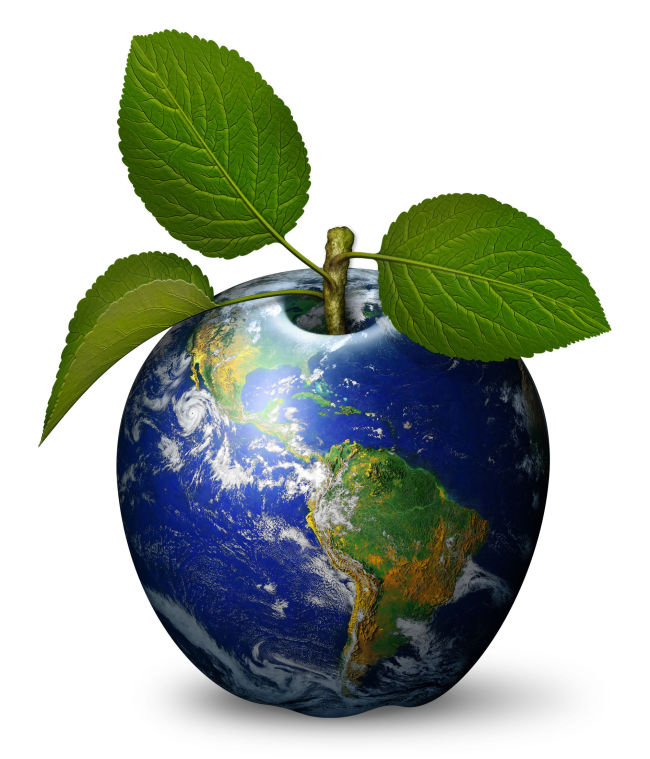[Weekender] Vegetarianism becomes a matter of environmental choice
By Kevin Lee SelzerPublished : June 16, 2017 - 16:42
Withstanding the difficulties and inconveniences of being a vegetarian can derive from healthful or dietary purposes, but for many it is also about the environment.
A 2011 report titled “Meat Eater’s Guide to Climate Change and Health” broke down common food by their total carbon dioxide emissions, including both production and postproduction factors such as transportation.
Lamb and beef loomed large at 39.2 and 27 kilograms of carbon dioxide per kilogram produced, respectively. Following that were cheese (13.5), pork (12.1), farmed salmon (11.9), turkey (10.9), chicken (6.9) and canned tuna (6.1). A typical serving of cheese, around 25 grams, results in much less than a typical 100-200 grams of meat.
At the bottom of the list was lentils at 0.9 kg of carbon dioxide per kilogram produced, with milk at 1.9 kg and dry beans and tofu both at 2 kg.

In 2009, celebrity vegan Paul McCartney launched nonprofit group Meat-Free Monday to encourage people to devote a day a week to swearing off meat. The group cites a conservative estimate from the Food and Agriculture Organization of the United Nations that pins 14.5 percent of global greenhouse emissions on livestock production, while other estimates have ranged as high as 51 percent.
On May 9, former US President Barack Obama delivered a keynote address at the Global Innovation Summit in Milan, Italy, where he stressed the importance of changing food habits on a global scale to curb global warming.
Foremost, according to Obama, is reducing food waste. Beyond that, he suggested having “a smaller steak.” We can “make progress in educating the advanced world about the need to reduce,” he added, “the amount of meat that we consume at any given meal.”
According to a 2012 study in Environmental Research Letters, stabilizing greenhouse gases by 2050 requires, among other efforts, “a 50 percent reduction in mean per capita meat consumption in the developed world.”
While meat consumption per capita in the developed world is estimated to increase by little more than 10 percent from 1990 to 2030, for the developing world it is estimated to more than double, according to figures from the FAO.
By Kevin Lee Selzer (klselzer@heraldcorp.com)









![[Hello India] Hyundai Motor vows to boost 'clean mobility' in India](http://res.heraldm.com/phpwas/restmb_idxmake.php?idx=644&simg=/content/image/2024/04/25/20240425050672_0.jpg&u=)









